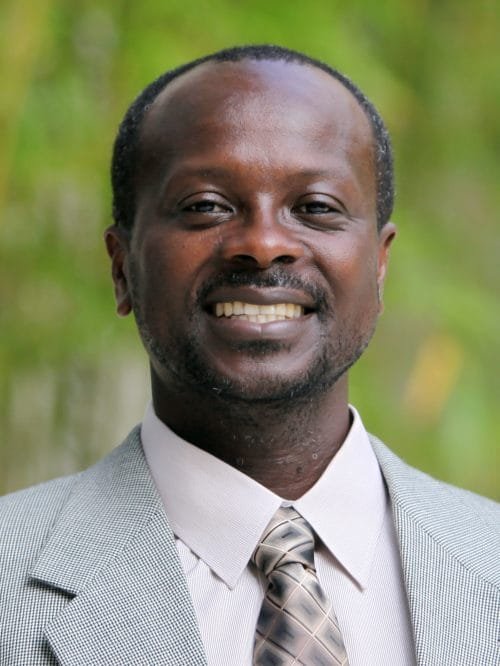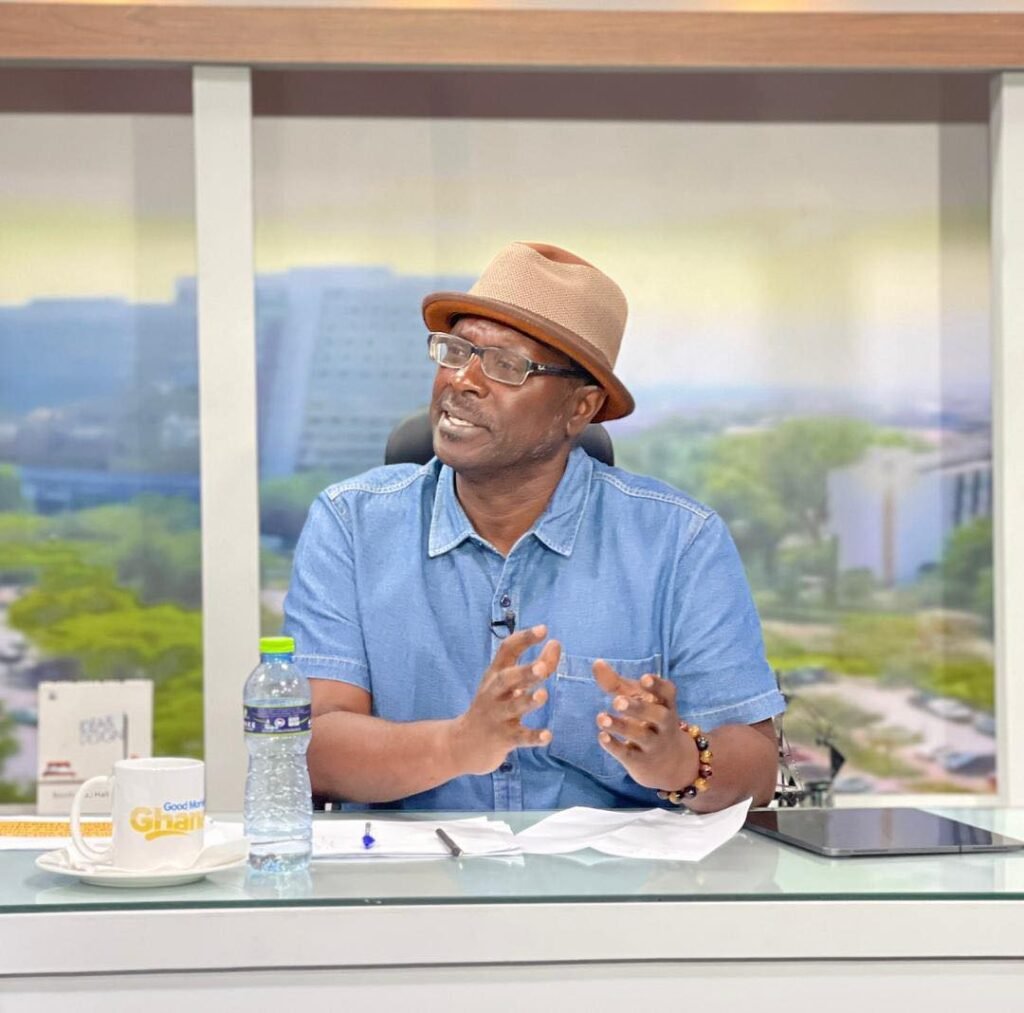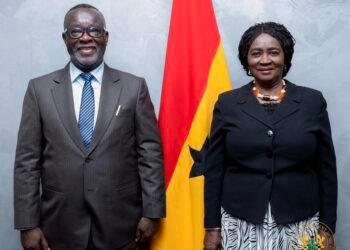CDD-Ghana Fellow and renowned legal scholar Professor Stephen Kwaku Asare has sounded an alarm over what he described as the growing emptiness and transactional nature of Ghana’s internal party elections, warning that the country’s democracy is gradually losing its ideological foundation.
His sharp critique, shared in an essay on party primaries, comes as tensions heighten within the opposition New Patriotic Party (NPP) ahead of its January 31, 2026, primaries.
According to Prof. Asare, political primaries are meant to be contests of ideas — moments when political parties renew their purpose, test their philosophies, and present candidates who embody different visions for the nation’s future.
In a healthy political environment, he explained, voters should be able to identify what each candidate stands for — whether economic reform, social justice, or institutional renewal.
“When the process works, voters can say: Candidate X stands for economic reform, Candidate Y for social justice, and Candidate Z for institutional renewal. Candidate X will address galamsey one way, Y another, and Z differently. Each offers a distinct vision; each broadens the nation’s choices”.
Professor Stephen Kwaku Asare
However, the legal scholar lamented that primaries in Ghana have drifted far from this purpose, degenerating into what he called “rituals of convenience, not renewal.”
He argued that candidates rarely campaign on ideas but rather on access, while delegates have become more responsive to financial inducements than to policy debate. “Delegates are not courted with arguments but with envelopes,” he remarked pointedly.

In his assessment, political campaigns are increasingly centered on theatrics and symbolism instead of substance.
“Campaigns are becoming less about conviction and more about choreography — who can mobilize, flatter, and fund their way through the process.
“Catchy slogans, paddling banku, maybe some dancing — all part of the theatre. Voters, too, have adjusted their expectations. They no longer look for ideas, only for shades”.
Professor Stephen Kwaku Asare
For Prof. Asare, this shift reflects a deeper crisis within Ghana’s political culture — one that transcends personalities and party colors. “It speaks to the hollowing out of our political culture, where power is pursued for its own sake and ideas are treated as decoration, not direction,” he argued.
He outlined ten key indicators of this democratic drift, beginning with what he called candidate opportunism — the tendency of aspirants to pursue power without conviction. “Most aspirants are not driven by conviction. They simply seek first the political kingdom, knowing everything shall be added thereafter,” he wrote.
He also highlighted delegate economics, describing primaries as “markets, not movements,” where delegates prioritize short-term financial benefits over the long-term direction of their parties.
Donor Capture
Another worrying trend, according to Prof. Asare, is donor capture, where financiers dictate the pace and direction of internal contests.
“Big financiers call the shots. They care less about issues and more about guarantees of returns on their investments,” he said. This dynamic, he argued, weakens genuine democratic competition and compromises the independence of future leaders.

He further criticized what he termed slogan politics and ideological emptiness, noting that campaigns now prioritize catchy lines over coherent philosophies.
“Slogan trend; issues induce sleep. Campaigns are choreographed for claps, not clarity,” he observed wryly. The result, he said, is “democratic stagnation” — a situation where loyalty replaces leadership, and primaries become arenas of transactional loyalty instead of ideological debate.
Power without Purpose
Prof. Asare lamented that Ghana’s political parties have lost their philosophical compass and have become fixated on winning power rather than defining purpose.
He added that internal divisions, institutional decay, and policy mimicry have weakened party structures, resulting in manifestos that sound alike and fail to inspire confidence or critical thought.
He also decried the growing “technocratic deficit,” arguing that parties now shun serious thinkers who can translate ideas into workable policies, preferring instead “serial insulters who can get TV ratings or invitations.”
“Candidates avoid hard truths, preferring applause to argument. It’s safer to promise ‘free dis and dat’ than to tell voters what must change and who must pay for ‘dis and dat’”.
Professor Stephen Kwaku Asare
For Prof. Asare, these trends are not mere signs of fatigue but clear indicators of democratic decay. He called for a return to principle-based internal democracy where ideas, not inducements, determine who emerges as a party’s flagbearer.

“Reform begins when parties insist that ideas, not inducements, win nominations, when delegates demand debate, not donations, and when citizens start asking not who paid, but who plans”.
Professor Stephen Kwaku Asare
He concluded with a somber warning that unless Ghana’s political class embraces this change, democracy will continue to lose its meaning.
“Until then, slogans will trend, issues will induce sleep, and the promise of democracy will keep hitting the snooze button,” he wrote. His remarks are a timely reminder of the need to restore substance, integrity, and ideological depth to Ghana’s political processes.
READ ALSO: Ghana Loses $8B in Potential Revenue Yearly as Crude Output Falls Below Target























